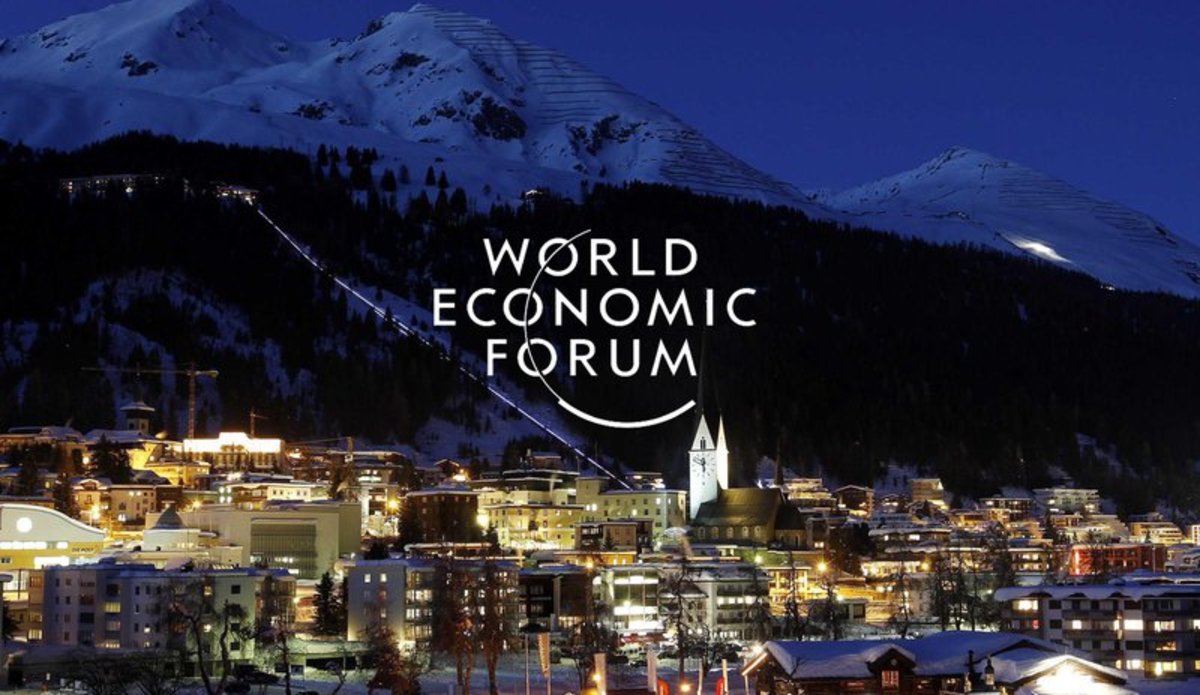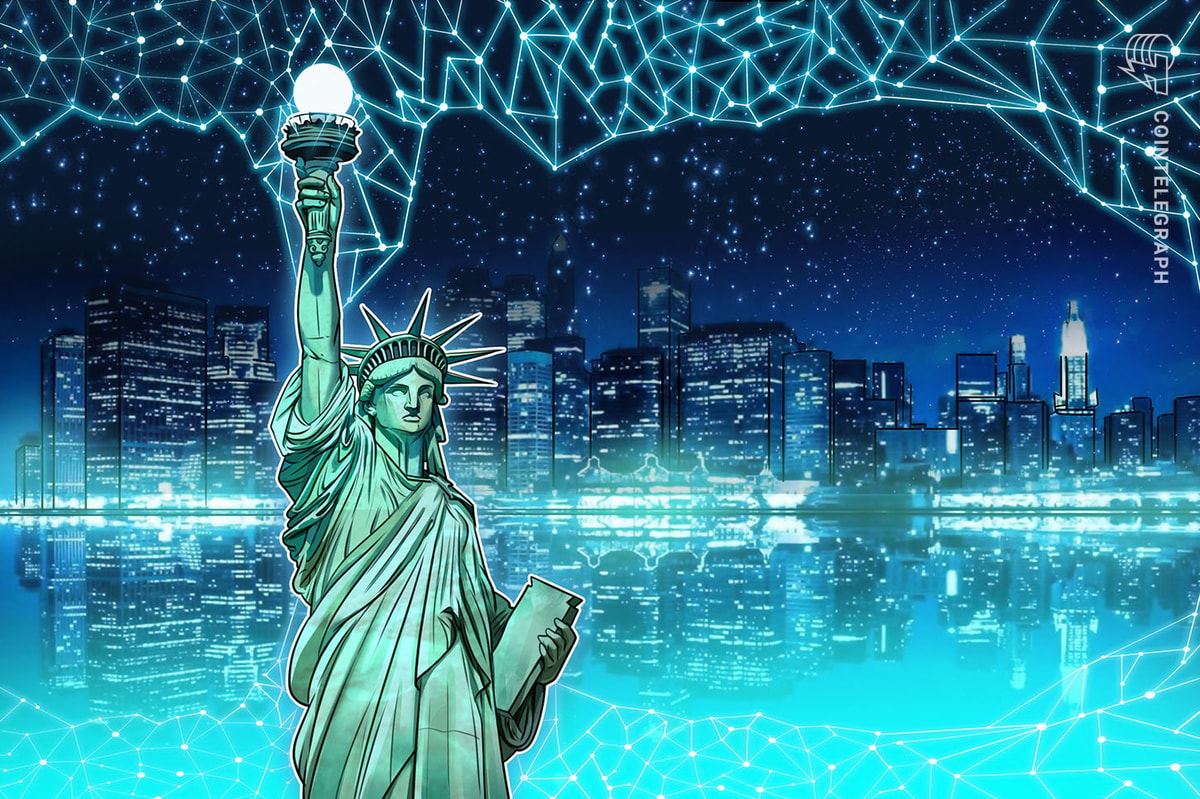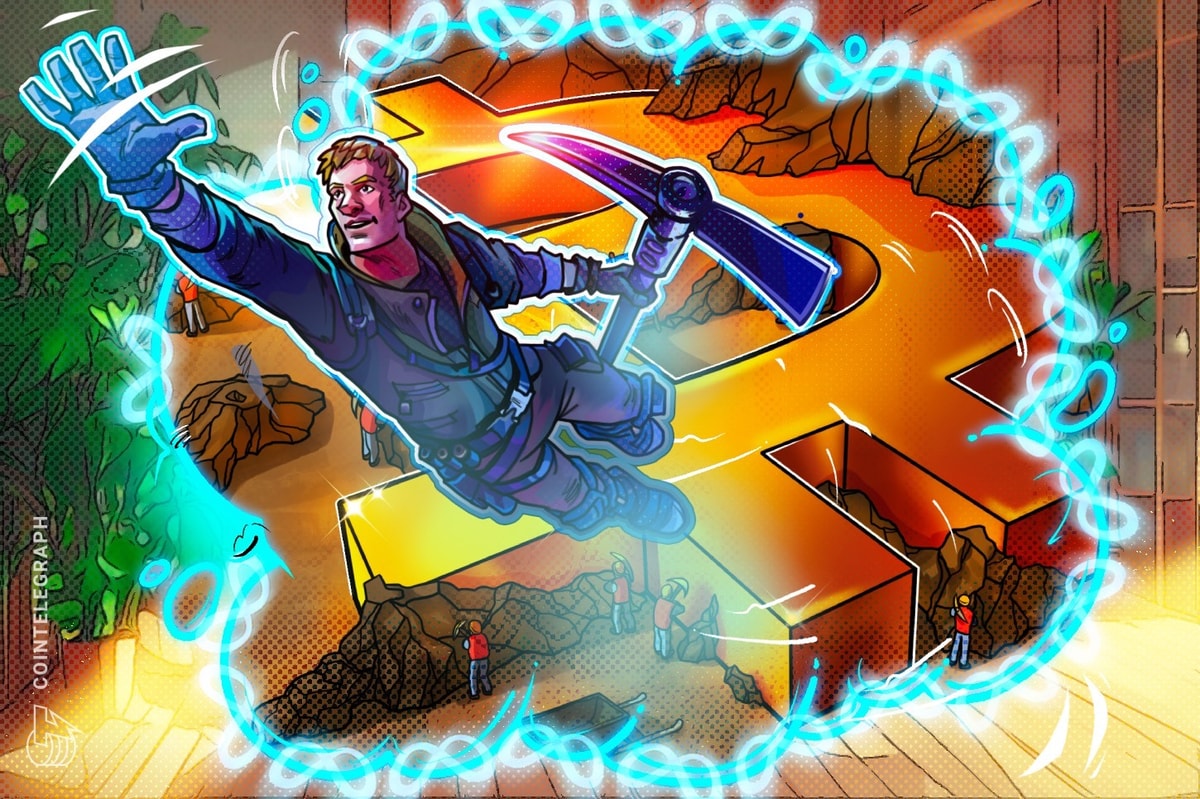
The World Economic Forum (WEF) Annual Meeting begins this week in Davos, Switzerland, featuring globally recognized blockchain authority Don Tapscott as a key participant. His involvement comes at a time where blockchain technology is largely seen as the major topic of emphasis for this year’s meeting.
Tapscott will also be keynoting the 5th Annual WISeKey Cybersecurity Roundtable at Davos, presenting on the topic of blockchains and the Internet of Value. At this event, Don will become the first author to digitally authenticate and sign copies of a book: his new bestseller “Blockchain Revolution.”
The World Economic Forum has adopted the Fourth Industrial Revolution as its theme, based on a book by the same title authored by Klaus Schwab, WEF’s founder and executive chairman.
“The First Revolution was steam where we mechanized things like shovels; the Second was electricity which enabled an economy of mass production; the Third was the computer which led to information technology and the internet and social media,” said Tapscott in an interview with Bitcoin Magazine, just hours before his flight to Davos.
“According to author Klaus Schwab, the foundational technology for the Fourth Industrial Revolution is the blockchain, insofar as it is a distributed ledger system now needed to manage wealth, value and prosperity creation in the world. It is for this reason that this year’s forum is shaping up to be the ‘Blockchain Davos.’”
Tapscott says that he’s counted over a dozen educational sessions centered on blockchains or blockchain-related matters on the public and private agenda as well as outside of the formal economic forum activities.
While speaking at the WISeKey event, he’ll introduce the idea of a digital signature for his book signing. “The ability to track my book like a piece of art is pretty interesting, although I don’t know the details as of yet of how it actually works,” says Tapscott. He also plans to meet with an array of technology companies, public entities, government leaders, central bankers and ministers of finance while in Davos to discuss the current state of blockchain technology as well as its future possibilities.
Tapscott is well aware that blockchain technology is competing for center stage with bigger issues like world leadership and Brexit. “There is, no doubt, quite a bit of concern on the global stage about not only the Trump election, but the state of the world in general. With a general decline in prosperity where the middle class is falling behind, I expect there to be a lot of talk at Davos about how the world has become more unequal, unstable, unjust and unsustainable.”
On the optimistic side, he believes that blockchain and distributed technologies will play a pivotal role moving forward in addressing a number of these concerns. “Blockchain [technology] will allow us to change the way wealth gets created by engaging more people directly in the economy, ensuring that they actually get compensated for the value they create.”
Heading into this year’s World Economic Forum, Tapscott offers a cautionary tale that he says could stall blockchain technology’s advancement in coming years. “The growing success of blockchain [technology] is creating a governance crisis in terms of its bottom up stewardship. Unlike the internet’s robust governance ecosystem with dozens of organizations and networks involved in ensuring that there are standards, advocacy, and knowledge, the blockchain Internet of Value proposition currently lacks these. I fear if we don’t get our act together quickly in this area, some very bad things could go wrong and, worst-case scenario, it could implode.”
Post-Davos, Tapscott says that he and his son Alex are in the early stages of curating a multimillion-dollar research program known as Blockchain Research Institute dedicated to furthering the depth and breadth of knowledge around the developing blockchain ecosystem. In addition to exploring use cases, applications and strategies involving a number of major industries, the program will also look at how blockchain technology will change the way companies are run as well as regulatory impacts.
“We think this is going to break some logjams because with where the current state of things are right now, there are more questions than answers. We need to work to correct that.”









